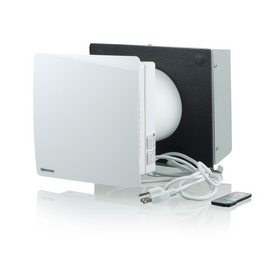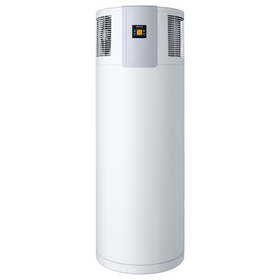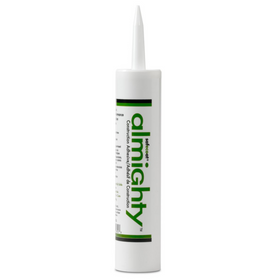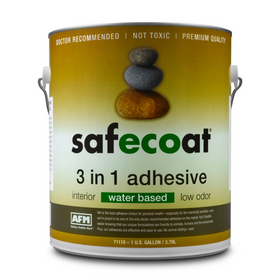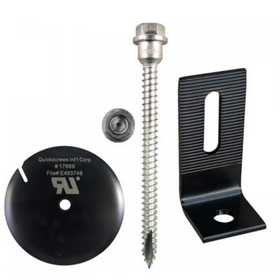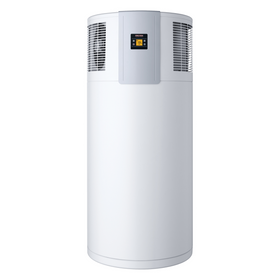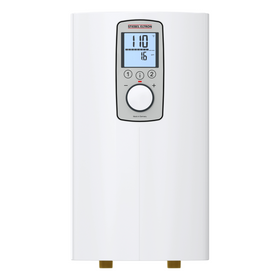- Home

The Impact of Teaching Sustainability
What bigger long-term impact on the planet can you have than to raise energy-efficient children? Not everyone can be a superhero like Elon Musk. Think of the generational growth you can kick-start just by sharing (or tweaking) your daily practices and instilling the importance of those to your children. These little teachings become part of the fabric your children use to navigate the world.
Perhaps you, like many, were scolded for leaving lights on or running electronics too much. But, were you also taught about the environmental impact? Or, was only the mystical power bill mentioned? Maybe you would have been keener to conserve energy and would have developed an early and life long interest in efficiency! So, let's instill this passion in our kids now, and watch the impact grow in many parts of their lives - an inspiring goal.
As many parents know, the trick for communicating with young kids is to frame the conversation in ways that they can understand. Let them know that the everyday actions they take within their house have an impact outside the home. Don't scare them, don't overdo it. You can begin by connecting the dots with a few critical hot spots.
To put this conversation into terms that are easy to remember, we've created a fun acronym called H.O.U.S.E. Put this to use as a talking tool with your children. As an example, let's try it out at bath time.

H.O.U.S.E
Highlight
Highlight something from your child's day. This creates a topic for the parent and child to discuss. A child takes a bath after supper.
Occurrences
Discuss how often this occurs in your family. How often does it occur in the world outside your home? How many kids in your city take a bath after supper? You can explain that the hot water used in the bath is replaced by cold water in the hot water tank. Tell them about how that water now needs to be heated for the next bath, hand wash, or shower.
Upshot
What is the upshot? What happens when the occurrence from the above scale repeats over a full population? When everyone uses power for their baths at the same time, the power plant has to work hard to create all that energy at the same time. This extra effort can cause the power plant to compensate for the demand by shifting to less sustainable methods, like burning coal (depending on your region, of course).
Systems
Each bath your child takes after supper is contributing to bigger systems. Not just peak time energy usage, but to our ecosystem, a country's dependence on fossil fuels, a region's economic reliance on mining, etc. All of these are things that your child is involved in and impact the earth. One bath might not be a big deal, but the collection of habits from the city does have an environmental impact. Explaining the impact in different areas leads to those awesome dot-connecting moments we all seek while learning.
Enact
Now take the time to discuss how you and your child can enact a family resolution. This is a great way to develop problem-solving skills - maybe the most important skill your child will learn. Kids love being involved in family decision making. Let your child assess themselves and their role in the community, and consider changes to their routine that could help. Maybe the daily bath can be spaced out to every other day or twice weekly? Less water in the tub? Consider showering if the age is right? If your child is old enough, maybe they would like to learn about low-flow showerheads. Nebia has come up with an exciting product with a fun video your child may like. The visual of the water filling up the fish tank at a 70% lower rate is great for kids to see.
The key takeaway is to start exposing children to the problem we all face. Explain why it's not changing fast enough. Show how they can make a difference. Excite them with the potential their generation has to change the planet dramatically. Show them a video of Greta Thunberg's school strike for climate! Excite them with virality, how good things they do can influence others. Change is exciting, open the shutters to let that thinking in.
Get Your Kids Involved in Energy Efficiency – It Could Pay Off!
Another key takeaway is finding ways for your children to get involved. Energy (and its 'Upshot') can be a currency for children before they have access to money. In a generation that is moving away from material goods, energy, and the environment could simply matter more to your kids than money. If you can steer this line of thinking, it suddenly becomes an excellent teaching method to help kids develop habits to manage their finances in the future. Money and energy are two entities that can sometimes be used without much thought. It often takes significant self-examination to change habits. Build good consumption habits early by using your home as a test case for your child. And, of course, we don't need to mention the benefit of having a little energy sergeant around to keep power bills lower.

Benefits of Creating a Sustainable Home for Your Children
Self Confidence
Giving children control over their decisions builds self-confidence. Children who take part and have a say in the family's goal (and are trusted with a task), feel like they're part of the team. This team atmosphere leads to a happier environment for all. You can imagine the feeling of inclusion created when an entire family tackles a problem together as a single unit.
Empathy
Similar to getting a pet, teaching children about sustainability and the environment builds empathy for nature. This will help ensure your child grows up to care for others on a level you would hope for.

Mental Health
Teaching awareness/knowledge about the environment helps foster a positive relationship with the outdoors, which has many protective factors for mental health issues.

Learning
- Recycling
- Turning down the heat when not in use
- Avoiding one-time-use plastic bottles
- Picking up garbage
- Taking part in a worthwhile protest
- Using a low-flow toilet
All of these are touchpoints to the world for your children and offer a learning opportunity. Your sustainable journey offers all of these ready-made discussions to help your child understand the world's inner workings.

Future
You are exposing your children to cleantech trends that simply won't go away. Early adoption of this line of thinking, along with real-life experience within it, will open wider doors for your child as they embark on their career paths.
It can all start with a trip to the dump.
Rise
At Rise, we strive to make sustainable home improvement easy and accessible for everyone. Whether you're building or renovating, our thoroughly vetted building products will help you reduce your carbon footprint, lower energy costs, and create a more sustainable living or working environment.

